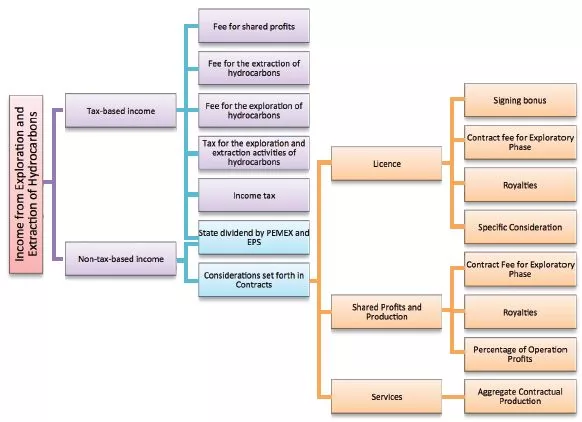Operating overseas? Rajesh Sharma looks at the issues.
There are numerous issues to consider when structuring overseas activities via offshore companies. The overriding reason for establishing an overseas entity should be driven by commercial reasons rather than tax mitigation. There are also legal, regulatory and language issues to consider of course.
However, members of UK partnerships and LLPs will suffer rates of tax of up to 52% (including national insurance contributions) on their share of profits from April 2011. As a result, such firms might consider taking advantage of lower taxed regimes in other jurisdictions if substantial work is done outside the UK.
What's the strategy?
With proper planning, a firm could be established in a non-UK jurisdiction to conduct overseas activities. The company would be subject to local tax on its profits. Provided that the central management and control of the company is located in that local jurisdiction, the profits of that company should not be subject to UK tax.
The likelihood is that some support operations for the offshore company will be provided from the UK. A sensible transfer pricing policy would have to be introduced to ensure that such UK costs are recharged to the non-UK company at arm's length rates.
The partnership deed or members agreement should be reviewed to ensure there are no conflicts with an overseas entity carrying out business activities. Similarly, partnership profit-sharing arrangements might be affected by such planning, both in terms of the overseas profits foregone by the UK partnership, and the ownership of the offshore company.
Where in the world?
There are a number of competitive jurisdictions with relatively low tax regimes. The strength of the double tax treaty network and the imposition of withholding taxes on dividends and fees for technical services would need to be considered, so local tax advice is recommended.
Post-tax profits allocation
The allocation of post-tax profits of the overseas company among principals is a key issue for consideration. The simple allocation of shares to members of the partnership would present difficulties in the future when new partners are admitted or existing partners retire or leave the firm. Care should also be taken to ensure that no employment income tax issues arise under the employment related securities legislation where, for example, members become officers or employees of the company.
Profits generated by the overseas company could be enjoyed by the shareholders in a variety of ways. Dividends paid to, and sales of shares by, UK resident taxpayers would give rise to a further layer of tax. However, there might be some tax advantages for non-UK domiciliaries to set up an offshore structure to shelter future offshore gains.
Anti-avoidance
There is a substantial body of UK antiavoidance legislation in place to examine any structures that are not sufficiently robust. These issues will vary from business to business, so would have to be discussed at the initial planning stage.
Costs
The establishment and running of an overseas company will mean substantial costs. Fiscal advantages can only be secured if the company has sufficient substance in the overseas territory. Any services provided from the UK would need to be charged on an arm's length basis.
The content of this article is intended to provide a general guide to the subject matter. Specialist advice should be sought about your specific circumstances.
